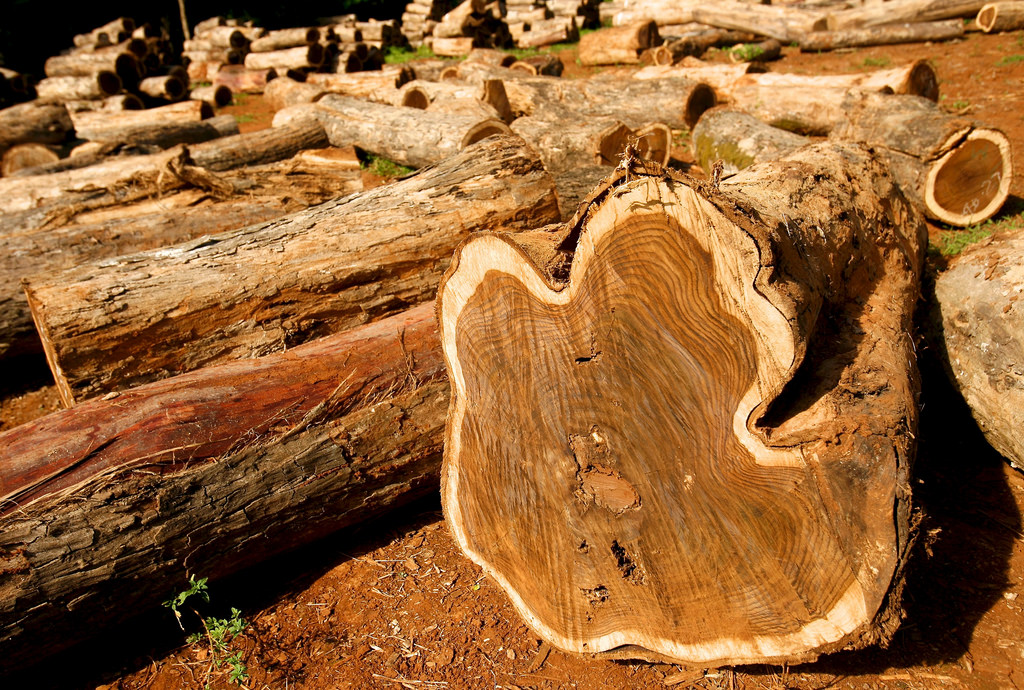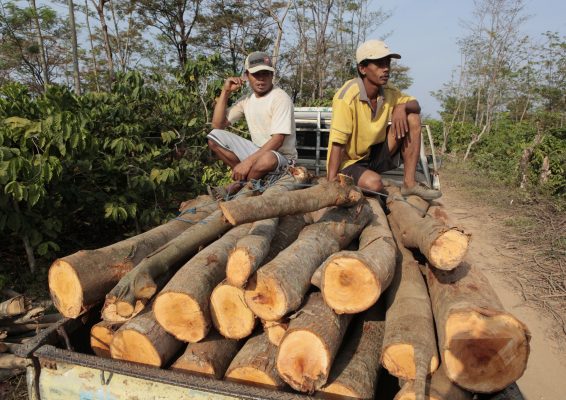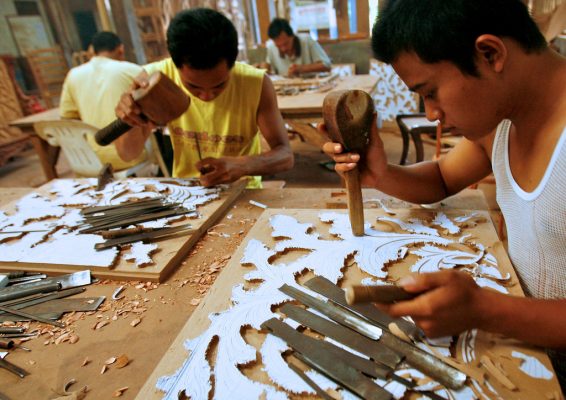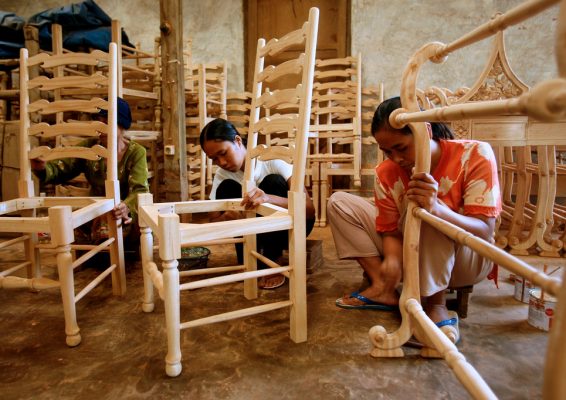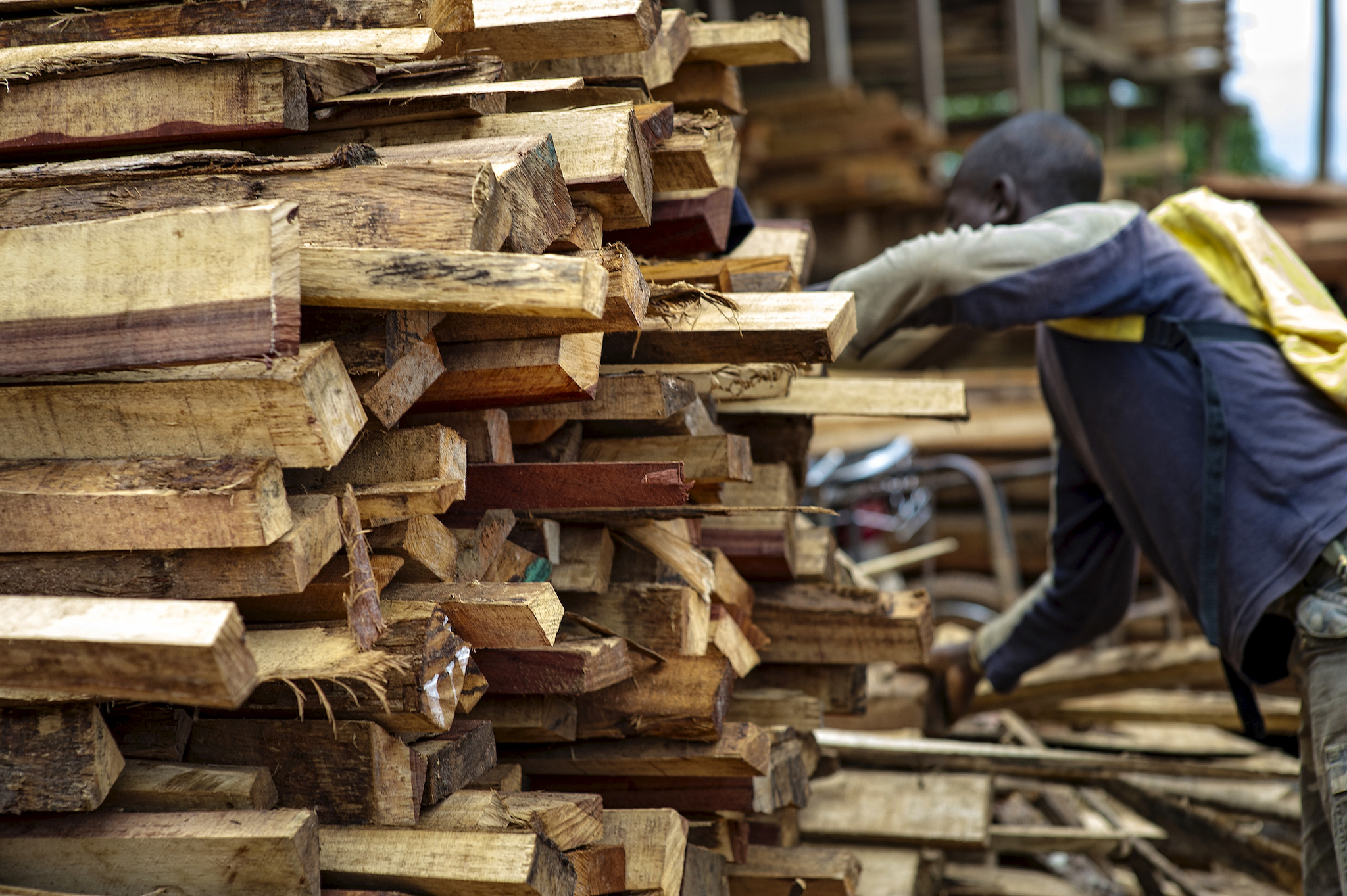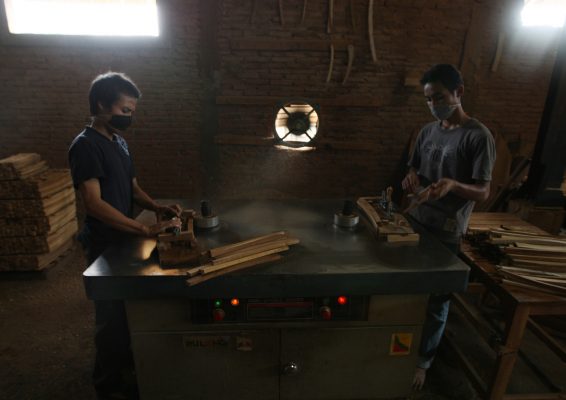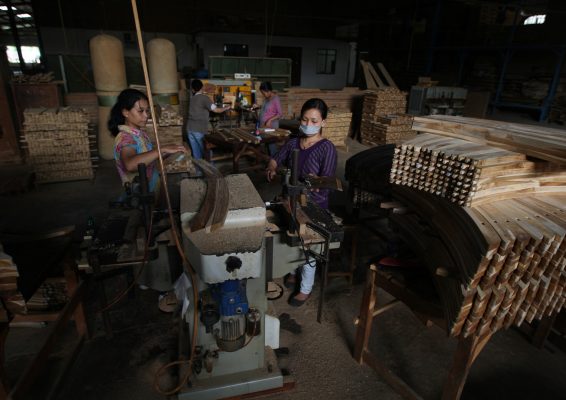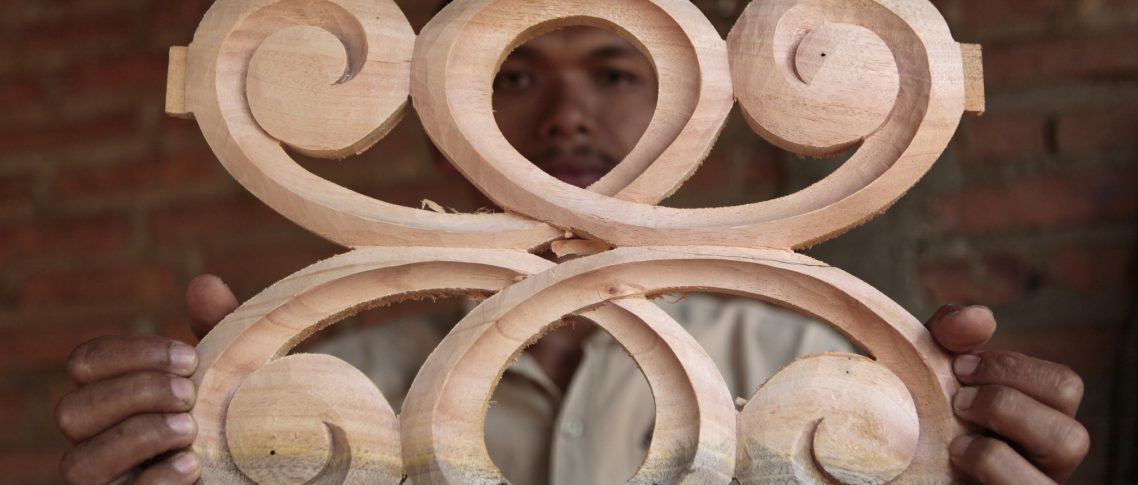On the eve of discussions in Jakarta about local wood enterprises and Forest Law Enforcement, Governance and Trade (FLEGT) licensing, CIFOR scientist Herry Purnomo discusses the importance of this pioneering certification system for small industry, livelihoods and forests in Indonesia.
Why is FLEGT so important for small and medium-sized enterprises (SMEs) in Indonesia?
The FLEGT license certifies that wood has been legally sourced and eases exports to the European Union (EU). It is new for Indonesia, as it was just approved at the end of last year. What we need is to maximize the use of these licenses, particularly for SMEs, because this is a great opportunity for Indonesia to boost its exports of timber, not only to the EU but to other countries that develop the mechanism. Timber legality is the first prominent step to ensure the sustainability of forests.
What is happening with FLEGT licensing currently, for example in Jepara where you have been working for many years?
We hope more and more people will get FLEGT licenses. In Jepara, which is a center of the wooden furniture trade in Indonesia, I know about 300 enterprises that have obtained the license. But there are thousands of artisans and small industries in that part of Central Java and we need to figure out how to spread this kind of opportunity.
From a government perspective, they should facilitate SMEs to get certified because some are lacking the capacity and the money to obtain certification on their own. So there are two ways to approach this, from the SMEs to see this as an opportunity to improve their livelihoods, and from the government to be more proactive.
